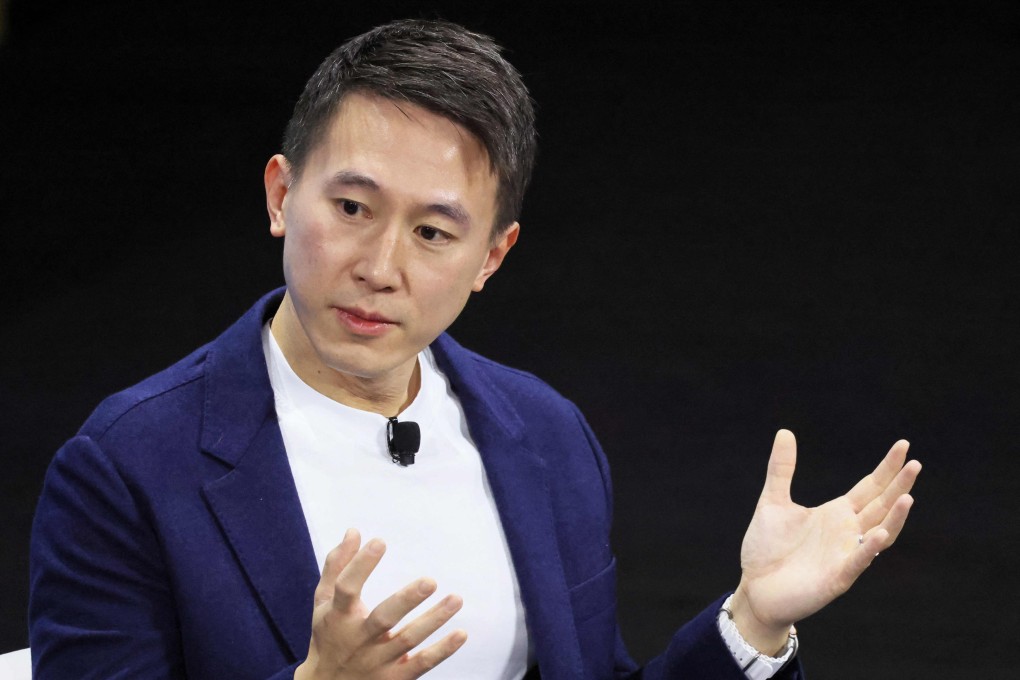TikTok’s chief executive to testify before Congress in March
- Chew Shou Zi will come before the House Energy and Commerce Committee on March 23, committee chair Cathy McMorris Rodgers announces
- Topics are to include the video app’s relationship with the Chinese Communist Party, its consumer privacy and data security practices and the platform’s impact on children

The chief executive of TikTok, Chew Shou Zi, has agreed to testify to Congress in March on the video app’s relationship with the Chinese Communist Party, it was announced Monday.
Representative Cathy McMorris Rodgers, Republican of Washington, who chairs the House Energy and Commerce Committee said that Chew would testify before the full committee on March 23. It would be Chew’s first appearance before Congress.

Rodgers also said that Chew would also testify about TikTok’s consumer privacy and data security practices and the platform’s impact on children.
“ByteDance-owned TikTok has knowingly allowed the ability for the Chinese Communist Party to access American user data. Americans deserve to know how these actions impact their privacy and data security, as well as what actions TikTok is taking to keep our kids safe from online and offline harms,” Rodgers said.
“Big Tech has increasingly become a destructive force in American society. The Energy and Commerce Committee has been at the forefront of asking Big Tech CEOs – from Facebook to Twitter to Google – to answer for their companies’ actions. These efforts will continue with TikTok,” she added.
The testimony will come amid increasing calls from US lawmakers, mostly Republican, to ban the app – a subsidiary of Chinese company ByteDance with over 100 million US users – in the US.